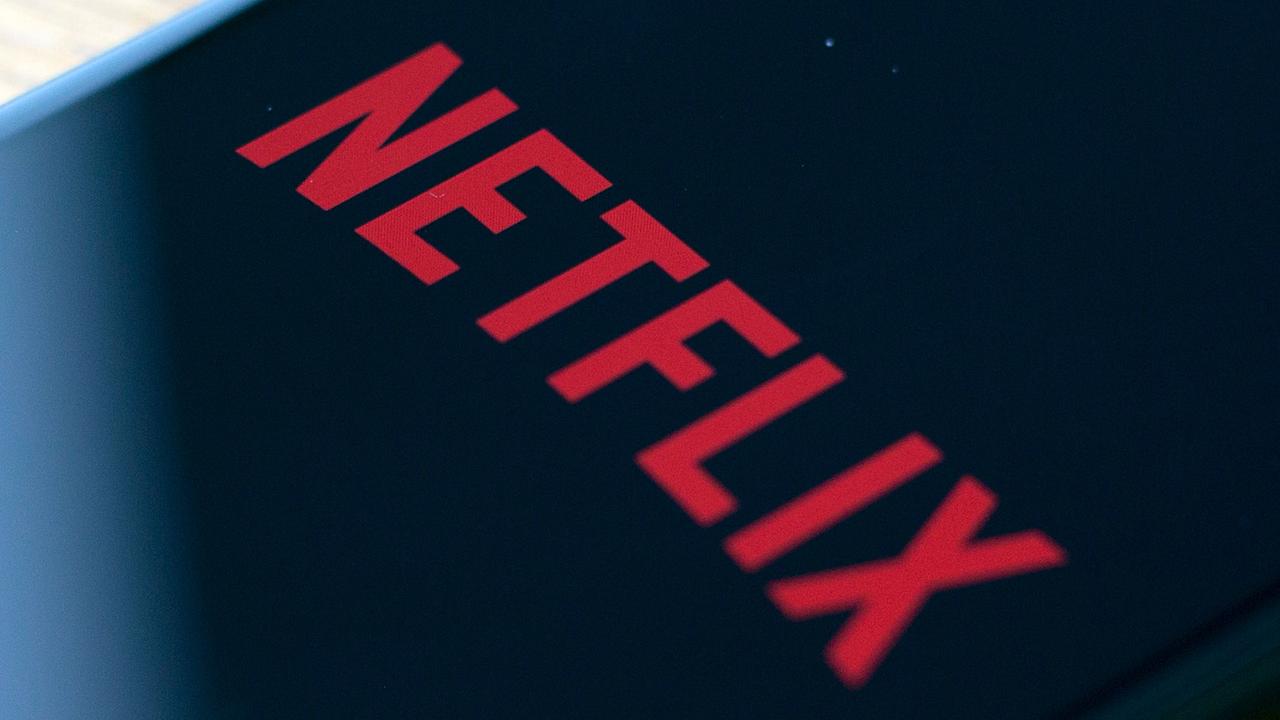Netflix’s password crackdown is ‘doomed to fail’
One of Netflix’s two big moves to arrest its decline is doomed to fail, especially in Australia.

OPINION
One hundred million Netflix subscribers are watching with great interest a little experiment the streaming company is conducting in Peru, Chile and Costa Rica.
Those are the three territories in which Netflix is trialling a password sharing crackdown, and so far, it’s confusing its customers. The trial is testing a feature in which existing customers are asked to pay extra (roughly $3t) to share their password beyond their household.
Tech publication Rest of World this week spoke to a dozen customers in Peru and found a mishmash of messaging and enforcement approaches.
Rest of World reported users saying they felt there was little clarity on how a household is defined, and that some members have been served messages to pay extra for sharing their password while others have not.
Some users reported cancelling their accounts after being confronted with the policy change while others were able to “skip” the message and continue on as they were.
Password sharing is a common practice among streaming users. It works by one subscriber sharing their login and password details with someone outside of their residence so that the other household can also access Netflix’s (or another streaming service) platform while only paying that one fee.

It’s so common, Netflix revealed in April that 100 million out of their 222 million paying accounts engage in the practice, which is a violation of the terms and conditions.
Anecdotally, audiences often swap passwords with their friends and family. So you might pay for Netflix and your brother who lives in another residence pays for Disney and you swap access to each other’s accounts.
As long as Netflix has been in streaming, there has been password sharing.
Netflix has said it never bothered to do anything about it while its growth was so aggressive but now that its membership is declining, the company sees a crackdown as an opportunity to claw back lost revenue.
The experience in Peru so far suggests Netflix will have an uphill battle in convincing its customers to pay extra for what they already enjoy for “free”.
While it’s reasonable for Netflix to enforce its own policy, it did itself a great disservice by waiting this long to finally implement the measures.
The behaviour is so deeply embedded, Netflix risks villainising its customers by telling them they’re in the wrong (even if they are) and demanding they pay up to rectify the situation – especially during a global economic downturn and pressure on household budgets.
Even if it’s an extra $3 a month, it’s not the amount but the imposition that will bite.
Australians, in particular, are recalcitrant when it comes to paying for programming. In the pre-streaming days, take-up of pay TV never reached above 30 per cent, compared to significantly higher market penetration in comparable markets such as the US and UK.
Plus years of local audiences being held hostage to the whims of broadcast networks’ schedules, waiting months for shows and episodes already aired overseas, spawned a vicious piracy culture that Australians have never fully abandoned.

Australians became voracious consumers of pirated content, ranking as among the world’s worst copyright thieves.
It was fuelled by a culture that wilfully compartmentalised pirates’ entitlement to whatever they wanted to watch when they wanted from the exorbitant cost of producing ambitious television and films.
It didn’t matter to them they were wrong or that it was illegal – they felt owed, not they owed filmmakers and producers.
It was only when Netflix launched locally in 2015 did the idea of paying for TV shows become normalised and piracy rates reduced but that earlier sense of entitlement never disappeared.
Netflix became more focused on its originals such as Stranger Things, Ozark and Heartstopper as it saw it would lose its licenced titles to the studios that owned them, and the market fractured.
Now there are close to 20 paid streaming services in Australia, each with their own exclusive must-see titles, and resentment is building up among consumers who see their streaming bills balloon – dashed are the early expectations of $10 a month for “everything”.
A government survey found that in 2020, 34 per cent of Australians had watched pirated content.
All this context makes it very difficult for Netflix to enforce a password crackdown in Australia where the bitterness of those piracy days still hang about like an acrid cloud, now directed at the growing cost of access to multiple services.
If Netflix decides to go after its customers for sharing their passwords – as it can under its terms and conditions – it loses any goodwill it has left, rightly or wrongly.
There are enough people who will petulantly cancel their subscriptions under the guise of protest, even if in reality they’re looking for justification to steal access to TV and films.
By leaving it this long, Netflix’s crackdown is doomed to fail.






